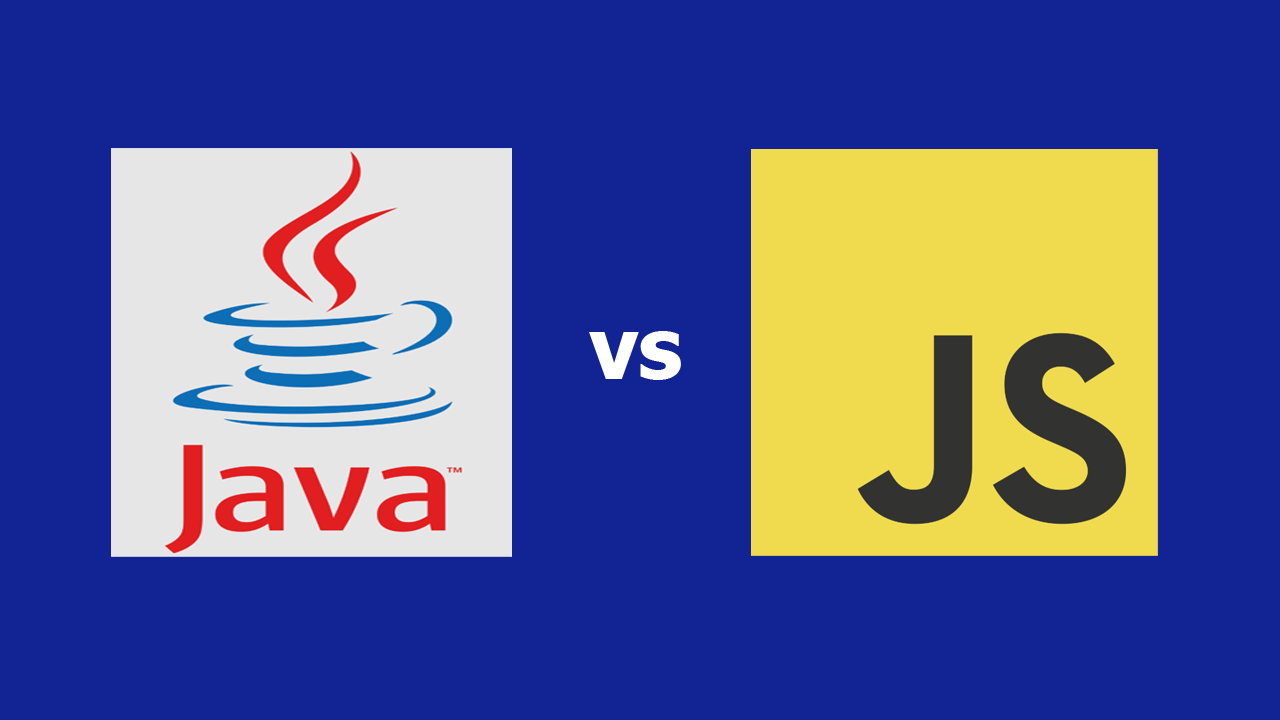What is C++ Programming Language? What are the Features and Uses of C++ Programming Language?

C++ is a powerful, high-performance programming language that builds on the foundation of the C language. Created by Bjarne Stroustrup in 1985, C++ is designed to provide both low-level control over system resources and high-level abstractions to manage complex software projects. It is widely used in various industries, from game development to finance, due to its versatility and efficiency.
What Makes C++ Unique
C++ is known for its object-oriented programming (OOP) capabilities, which allow developers to create modular and reusable code. This feature makes it easier to manage large software projects and ensures that code is easier to maintain and update.
Key Features of C++:
- Object-Oriented Programming (OOP): Supports classes and objects, inheritance, polymorphism, encapsulation, and abstraction.
- Low-Level Manipulation: Provides control over hardware, memory, and system resources.
- Standard Library: Offers a rich set of libraries for data structures, algorithms, and more.
- Cross-Platform: Can be compiled and run on various operating systems.
What is Microsoft Visual C++
Microsoft Visual C++ (MSVC) is an integrated development environment (IDE) from Microsoft for C and C++ programming languages. It includes tools for developing and debugging C++ code, such as a code editor, compiler, and debugger. MSVC is part of the larger Visual Studio suite, which supports multiple programming languages and provides additional tools for software development.
Key Features of Microsoft Visual C++:
- Code Editing: Advanced code editor with syntax highlighting, IntelliSense, and code navigation.
- Debugging: Powerful debugging tools to identify and fix issues in the code.
- Compiler: High-performance compiler to convert C++ code into executable programs.
- Integration: Seamless integration with other Microsoft development tools and services.
What is C++ Used For
C++ is a versatile language used in various domains due to its performance and reliability. Here are some common applications of C++:
1. System Software
- Operating systems like Windows, macOS, and Linux have components written in C++.
- Device drivers and embedded systems often use C++ for performance-critical tasks.
2. Game Development
- Many popular game engines, such as Unreal Engine and Unity, are built using C++.
- C++ provides the performance needed for real-time rendering and complex game mechanics.
3. Finance and Banking
- High-frequency trading systems and financial modeling software rely on C++ for its speed and precision.
- Risk management and algorithmic trading platforms use C++ for performance optimization.
4. Web Browsers
- Browsers like Google Chrome and Mozilla Firefox use C++ for rendering engines and performance-critical components.
- C++ helps ensure fast and responsive web browsing experiences.
5. Scientific Computing
- Simulation and modeling software in fields like physics, chemistry, and biology use C++ for computational efficiency.
- High-performance computing applications leverage C++ for complex calculations and data processing.
6. Enterprise Software
- Large-scale enterprise applications and database systems use C++ for its reliability and scalability.
- C++ is often used in backend systems that require high performance and stability.
How to Learn C++
Learning C++ can be a rewarding experience, opening doors to various career opportunities. Here are some steps to help you get started:
1. Online Courses and Tutorials
- Platforms like Coursera, Udemy, and Codecademy offer comprehensive C++ courses for beginners and advanced learners.
- YouTube has many free tutorials that cover C++ fundamentals and advanced topics.
2. Books
- "C++ Primer" by Stanley B. Lippman is an excellent book for beginners.
- "Effective C++" by Scott Meyers provides valuable insights for writing better C++ code.
3. Practice Coding
- Use online coding platforms like LeetCode, HackerRank, and CodeChef to practice C++ problems.
- Work on small projects and gradually increase the complexity to apply your knowledge.
4. Join Communities
- Participate in online forums and communities like Stack Overflow, Reddit, and GitHub to connect with other C++ learners and professionals.
- Join local programming groups or meetups to network and learn from others.
5. Use Development Tools
- Install an IDE like Microsoft Visual Studio or Code::Blocks to write and test your C++ code.
- Familiarize yourself with tools like Git for version control and CMake for build automation.
Conclusion
C++ is a powerful and versatile programming language that has stood the test of time. Its ability to handle both low-level system tasks and high-level object-oriented programming makes it suitable for a wide range of applications. Whether you're interested in game development, system programming, or financial software, learning C++ can provide you with valuable skills and open up numerous career opportunities. By taking advantage of online resources, practicing regularly, and engaging with the programming community, you can master C++ and use it to build efficient and robust software.




